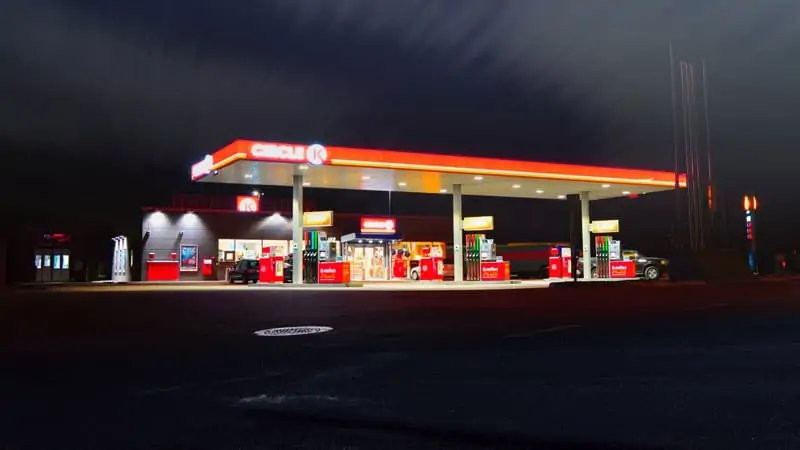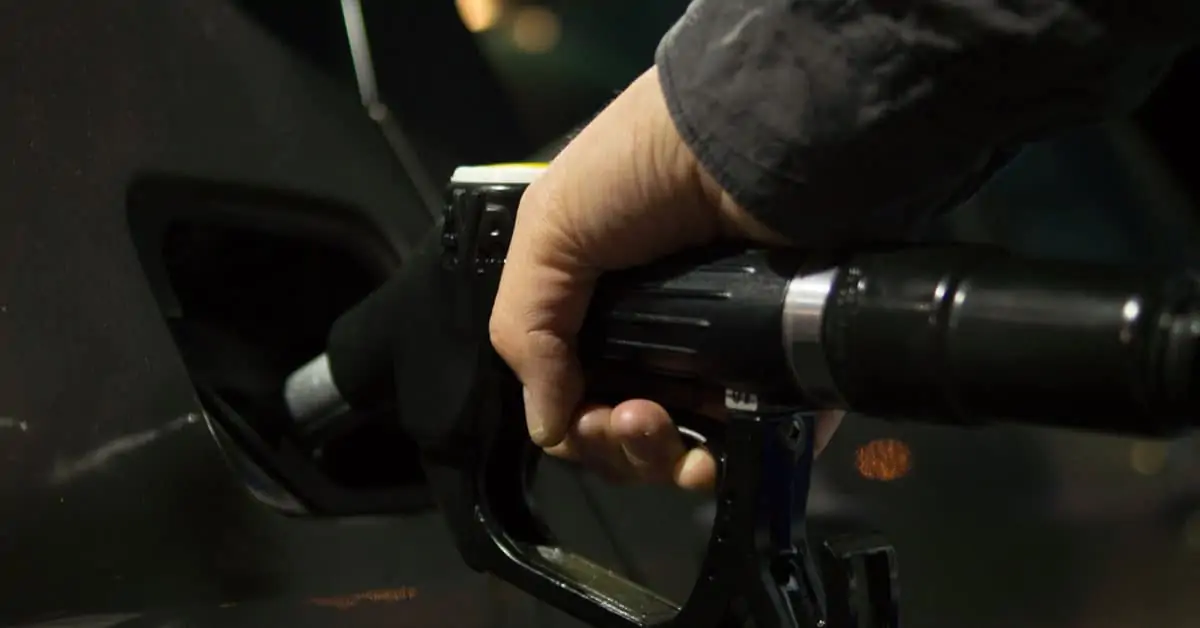We all know how important gasoline is to a car; it’s pretty much essential to keep most vehicles with internal combustion engines running smoothly. However, gasoline isn’t without its issues. For instance, gasoline is a volatile liquid that tends to evaporate quickly, especially at high temperatures.
Gasoline can also evaporate from a fuel tank. The rate at which gas evaporates depends on a couple of factors, including heat and how tight your gas cap is. Not having a fuel cap is another factor that could make your gasoline evaporate from your tank.
How long does gas last in a tank? Is it possible for gas to evaporate from the tank? What are the common causes of fuel evaporation and how to reduce it? These and more are the frequently asked questions that I’ll address in the rest of this article. So, without wasting any time, let’s get straight down to business.
How Long Will Gas Last In Your Tank?

Gasoline is, no doubt, one of the most important substances needed to keep the car running smoothly. It has high combustion energy. Apart from that, gasoline can mix readily with air, which explains why many people choose it as their preferred automobile fuel.
When it comes to determining how long gas can last inside a fuel tank, there are several factors that you need to put into consideration. One of them is the type of gas in the car.
The lifespan of a gas inside a tank depends, to a large extent, on the type of fuel. In the United States, gasoline is categorized into three groups based on their octane rating.
The first one is the regular or conventional gasoline, which has a very low octane rating of 87. The second type of fuel is midgrade gasoline, which usually comes with an octane level of 89 or 90. Premium gasoline, which usually has an octane rating between 91 and 94, is another type of gasoline that you can find out there.
Gasoline Can Last Between Three To Six Months
Now, let’s talk about the lifespan of gas in the tank. For conventional gasoline, you can expect it to last for up to six months. However, there are cases where this type of fuel only lasts for 3 months – of course, that depends on a couple of factors.
To be honest, it can be pretty difficult to say exactly how long gas can last inside a tank. This explains why I said it could last between three and six months for conventional gasoline. This is hard to determine because you don’t know exactly how long the gas you purchased has been sitting inside the gas pump.
Even if you know how long the fuel has been sitting inside the gas pump, you certainly don’t know how long the gasoline was stored in the refinery before being transported and distributed to various locations. For these reasons, it can be pretty challenging to say, for sure, how long gas can last in a fuel tank.
The bottom line is that regular gasoline can always last for up to three to six months. If what you use for your vehicle is diesel fuel, you can certainly expect it to last for up to six months, which is twice that of gasoline.
Can Gas Evaporate From The Tank?
Gas often evaporates from fuel tanks. As previously mentioned at the beginning of this article, gasoline is a volatile substance.
Here’s the thing; gasoline comes as a mixture of volatile, flammable liquid hydrocarbons, which are derived from petroleum. These hydrocarbons are held together by weak intermolecular attractions, which explains why gasoline fuel evaporates very quickly.
Furthermore, even when stored inside the tank, gasoline tends to evaporate. But this time, the fuel evaporates more slowly compared to when stored in an opened container. Well, a couple of factors, including heat and how well you tighten the fuel cap, contribute to why that is possible.
In case you don’t know, all liquids can always evaporate at room temperature. So, if your gasoline is stored inside the fuel tank at moderate temperature, it’ll certainly evaporate, but at a slow rate. However, as the temperature of the tank continues to rise, the gasoline will continue to evaporate quickly.
What Causes Fuel To Evaporate?

As earlier mentioned, the primary reason why fuel evaporates quickly is because of the weak intermolecular attractions of the volatile, flammable liquid hydrocarbons, which make up the gasoline fuel. While that’s the fact, it’s also worth knowing that the rate at which the fuel evaporates varies, based on certain factors.
You already know that heat is one of the main causes of gas evaporation. Furthermore, you need to understand that the fuel system of most vehicles is pretty sealed. The purpose of that is to reduce the rate at which gasoline evaporates from the tank.
So, if your tank isn’t properly sealed, this could also make the fuel evaporate quickly. Furthermore, the fuel will most likely evaporate quickly when the gasoline has stayed past its lifespan in the tank. Of course, this is irrespective of whether or not the tank is perfectly sealed.
How To Reduce Gas Evaporation?
Fuel evaporation is something that can happen to almost anybody. Unfortunately, this is a bad thing for the wallet, as you’ll be required to spend more on fuel. One of the few ways to prevent that from happening is by making sure that your gas cap is on and tight at all times.
You can also reduce gas evaporation by parking your cars in shady areas, especially if you’re driving during sunny days. No doubt, evaporation is not something you can completely avoid. However, by parking your vehicle in cool, shady areas, you can always reduce the rate at which your gas evaporates.

